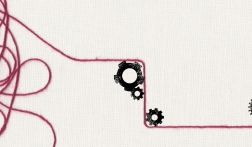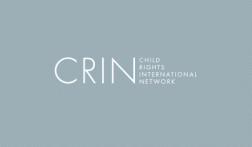Since its adoption in 1989 after more than 60 years of advocacy, the United Nations Convention on the Rights of the Child has been ratified more quickly and by more governments (all except Somalia and the United States) than any other human rights instrument.
This Convention (also sometimes called the CRC) is also the only international human rights treaty that expressly gives non-governmental organisations (NGOs) a role in monitoring its implementation (under article 45a).
The basic premise of the Convention is that children (all human beings below the age of 18) are born with fundamental freedoms and the inherent rights of all human beings. Many governments have enacted legislation, created mechanisms and put into place a range of creative measures to ensure the protection and realisation of the rights of those under the age of 18. Each government must also report back on children's rights in their country.
However, like most legal instruments, the Convention is a living instrument, this means that over time, it may change to adapt to new realities in the lives of children (e.g. impact of technology), new violations that may occur, or to clarify what is meant by certain articles or provisions. We see it as part of our role to monitor where such developments occur, raise awareness, push the debate and affect change in these sometimes controversial areas.
A body of experts, the Committee on the Rights of the Child, monitors the implementation of the CRC and its Optional Protocols - children in armed conflict; the sale of children, child prostitution and child pornography; establishing an international complaints procedure for violations of children’s rights - by States Parties to the Convention.
All rights in the CRC are linked and must be considered as a whole. But there are four 'general principles' - or overarching rights - which are particularly necessary for the fulfilment of all other rights.
Optional Protocols
Three Optional Protocols to the Convention on the Rights of the Child exist:
-
The Optional Protocol on the sale of children, child prostitution and child pornography, dated 18 January 2002 (A/RES/54/263, dated 25 May 2000)
-
The Optional Protocol on the involvement of children in armed conflict (A/RES/54/263, dated 25 May 2000)
-
The Optional Protocol establishing a communications procedure for the CRC (A/RES/66/138 of 19 December 2011)



